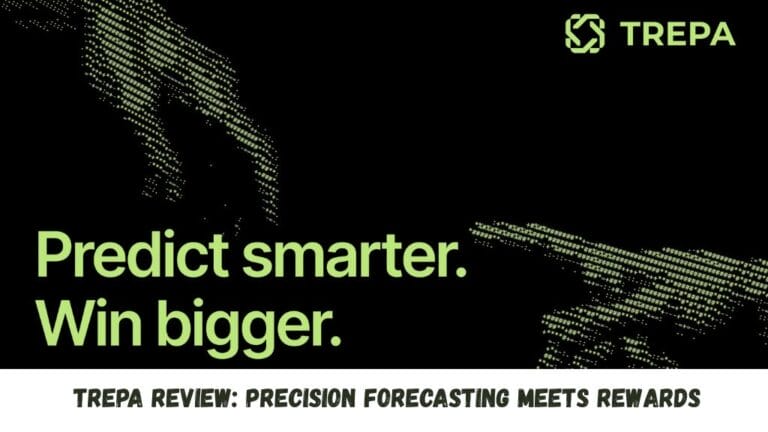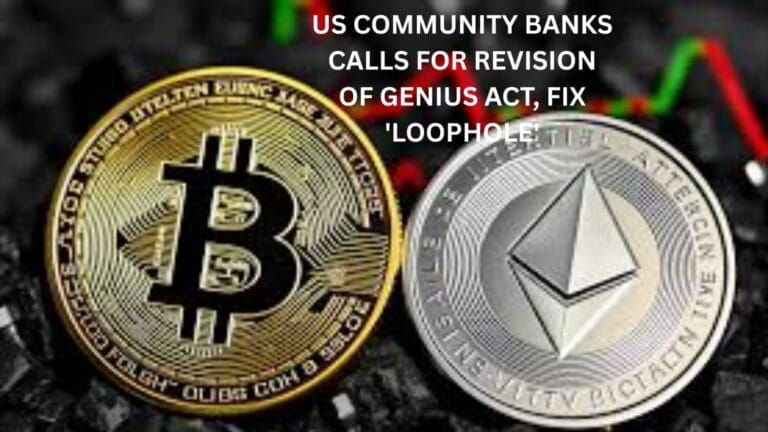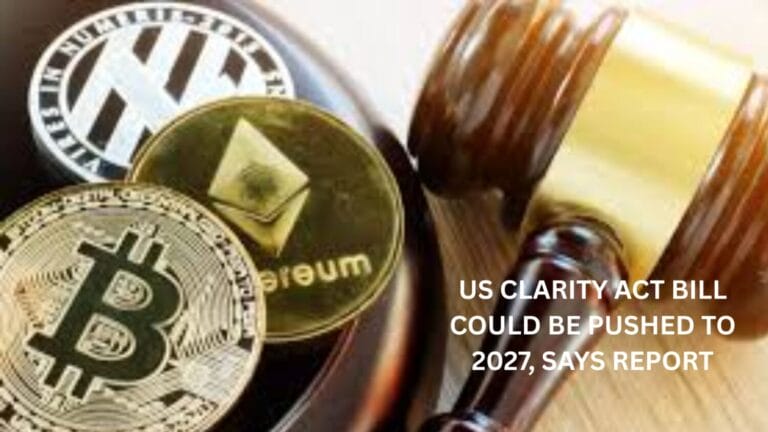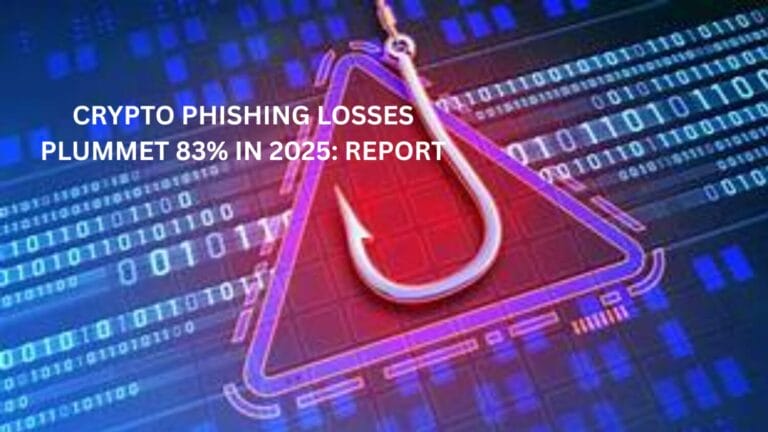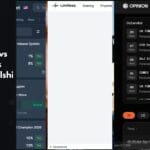Key Takeaways:
- GameFi stands for Game+DeFi, a way of game and finance integration. In simple terms, GameFi uses games to showcase decentralized financial goods, gamifying the rules of DeFi, and user assets can be utilized for more than just in-game purchases. In addition, users can earn money and receive awards by participating in the game.
- The GameFi projects’ play-to-earn structure is unprecedented, allowing players to add real-world value to their in-game purchases.
- In-game objects and products are stored on a blockchain, a distributed public ledger that runs on a crypto network. This blockchain technology enables players to swap in-game tokens and products for cryptocurrencies and, eventually, real money.
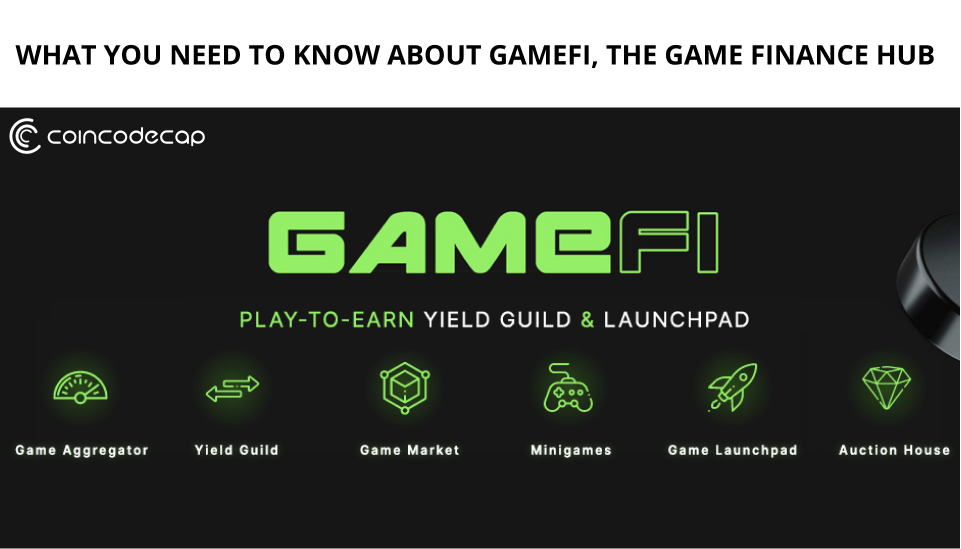
‘GameFi,’ a combination of gaming and decentralized finance (DeFi), refers to the convergence between blockchain-based gaming with decentralized financial instruments in all their forms, including yield farming, lending/borrowing, algorithmic stablecoins, token minting instruments, and so on.
Gamers can then exchange an item for virtual currency, share it with others, or use it in a new game environment. Cross-game compatibility is seen as an ample opportunity to keep gamers engaged for long periods, as it allows virtual currency and in-game objects to be shared between games. Furthermore, blockchain can verify the authenticity of in-game objects or players, guaranteeing that fair rules are followed at all time
Andre Cronje, the ‘Father of DeFi,’ first picked up on the phrase in September of last year and may have even originated it:
“Gamification applied to monetary policies excites me so much. Your funds are becoming gear to use in this defi game. Till now, we have been cloning tradfi. As we advance, we go into Gamefi.” Cronje posted.
Alexandre Dreyfus, the CEO of Chiliz, the world’s first tokenized sports exchange, was definitely on the same page since he responded almost quickly. Chillz is one of DeFi’s largest sports partners and a pioneer in the use of Fan Tokens in real-life sports.

However, the usage of cryptocurrencies for in-platform payments and the use of NFTs are two characteristics that set blockchain games apart. NFTs are a huge step forward since they allow users to have unique traits that can be traded with other players in the same game or transferred between platforms. You can earn money through exchanges in blockchain games, exactly like in real economies.
Here are some famous names in the Gamefi economy:
Axie Infinity – Recently branded the undisputed leader of the play-to-earn market, Axie Infinity runs on its custom-built sidechain, allowing it to maximize gameplay. As a result, the game has fared extraordinarily well, with AXS, the gaming token, increasing 600% in just one month.
CryptoBlades – is a groundbreaking web-based NFT roleplaying game created by the brilliant team at Riveted Games and released on the Binance Smart Chain. CryptoBlades continues to perform well, with DappRadar highlighting the game while reporting a 963% increase in unique wallets in a week.
My DeFi Pet – is a game for pet lovers that combines DeFi, NFT items, and the game player’s individuality. The core premise revolves around a loop of game activities such as pet breeding, evolution, battles, trading, and socialization.
According to CoinGecko, the $DPET coin experienced substantial gains in July, reaching an all-time high of $9.92.
Token GAFI
The GAFI token is the GameFI ecosystem’s native utility token. It includes all of the platform’s basic functionalities and additional incentives and benefits such as trading and dividend costs, which are reduced for GAFI holders.
A portion of this ecosystem’s fees supports the token’s secondary market liquidity.
The primary GameFi Protocol sectors are GameList, GNFT, GSwap, GLaunch, Lottery/Grab box, etc.
Users can earn free GFI tokens by staking GFI or Forth and trade and farm in GSwap (liquidity mining).
They might participate in many GameFi projects in the GameList sector. Everyone is welcome to play and earn (earn while playing). GameFi Protocol, of course, enables top-tier GameFi teams to introduce exciting GameFi projects to Gamelist and launch acceptable tokenomics.
Could a Blockchain-Based Game Economy be the Future?
The worldwide gaming sector is now worth $180 billion, making it the fastest-growing form of entertainment on the planet. Experts predict that by 2025, the number of online gaming broadcasters will have risen to one billion, or one in every nine people.
The public blockchain is accessible to everybody and does not require approval- you can not only participate in the blockchain, but you can also earn money from it. Furthermore, with the introduction of 4G and 5G technologies in emerging economies, we may expect more people to access crypto and blockchain-based games shortly.
Moreover, anyone can develop a blockchain because it is open and permissionless. This suggests that blockchain games built on multiple one-layer blockchains, such as Ethereum, Solana, and Cosmos, should be expected in the future.
Since the game has integrated DeFi characteristics, you can earn money while playing. Players can obtain tokens, equipment, NFT items, and other stuff that can be used as assets in the zone while upgrading and killing monsters. Sell on the NFT platform and the blockchain trading platform.
Launchpad is one of five pillars that make up GameFi’s ecosystem: Accelerator, Aggregator, Marketplace, and Yield Guilds. Each component has its own set of fundamental features, innovations, and improvements that serve as strong pillars for the ecosystem’s continued growth and usefulness to the user community.
To build and broaden the GameFi gaming community, which includes a large network of game projects, GameFi works closely with Icetea Labs, DAO Maker, Animoca Brands, and other recognized partners. In addition, it helps to grow IGO activities, in-game item marketplaces, and manufacturing guilds.
The total value of investments in blockchain games to date during 2021 is $3.7 billion, and the total value of investments in 2020 is $72 million
Blockade Games, a veteran US blockchain game developer, has raised $5 million on a $23 million value. It’s been working on Neon District, a squad RPG, since 2018 and has already completed numerous seed rounds.
Forte raised $725 million in Series B funding, bringing its total funding to $900 million.
Parallel, an NFT-based sci-fi game, has received $50 million on a $500 million valuation, led by Paradigm. Gabe Leydon, Polygon, and NFTBigBrain were among the existing investors who took part.
Animoca Brands raised $65 million by issuing new shares with a market value of $2.2 billion. It had previously raised $139 million on a $1 billion value in 2021.
Vorto Gaming, the creator of Hash Rush, has secured $4 million to expand its games and platform ecosystem based on the NEAR blockchain.
GameFi is targeting a popular section of the gaming industry that is expected to grow significantly in the future. It not only has something for everyone in the community, but it also has accessibility, which makes switching a lot easier.

